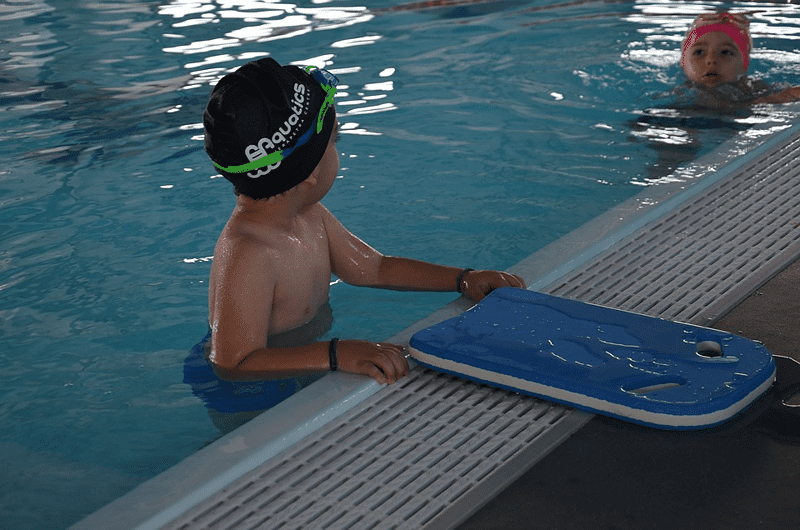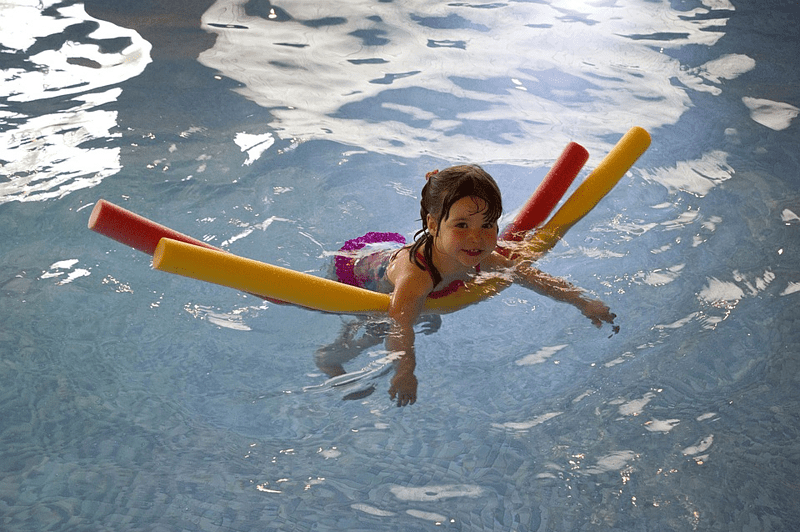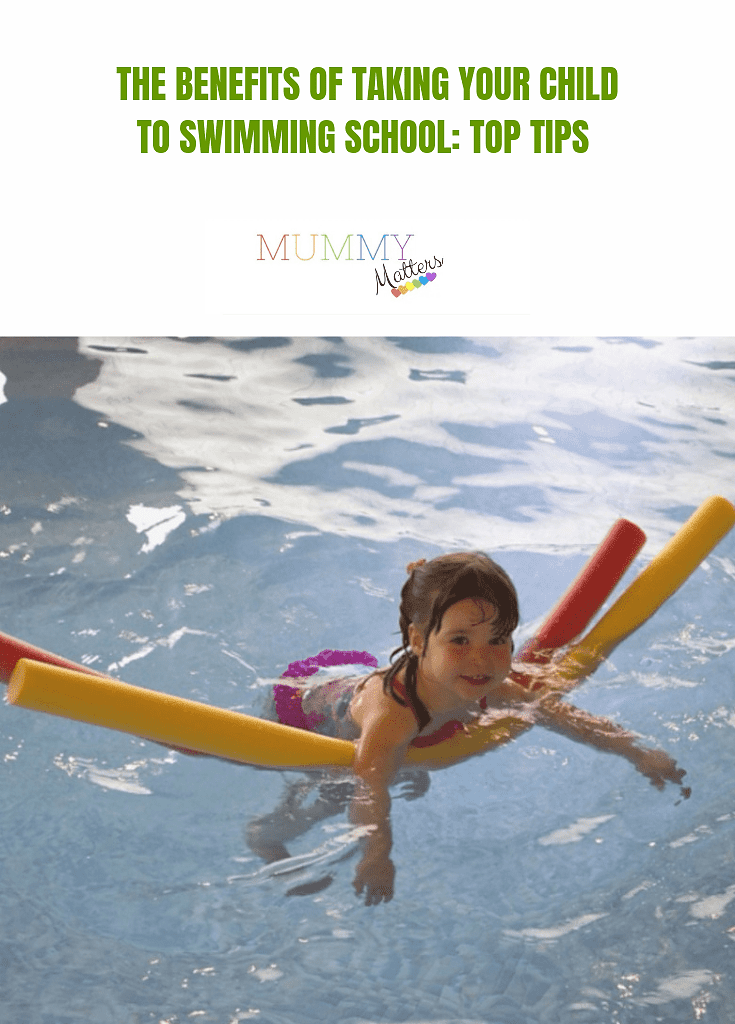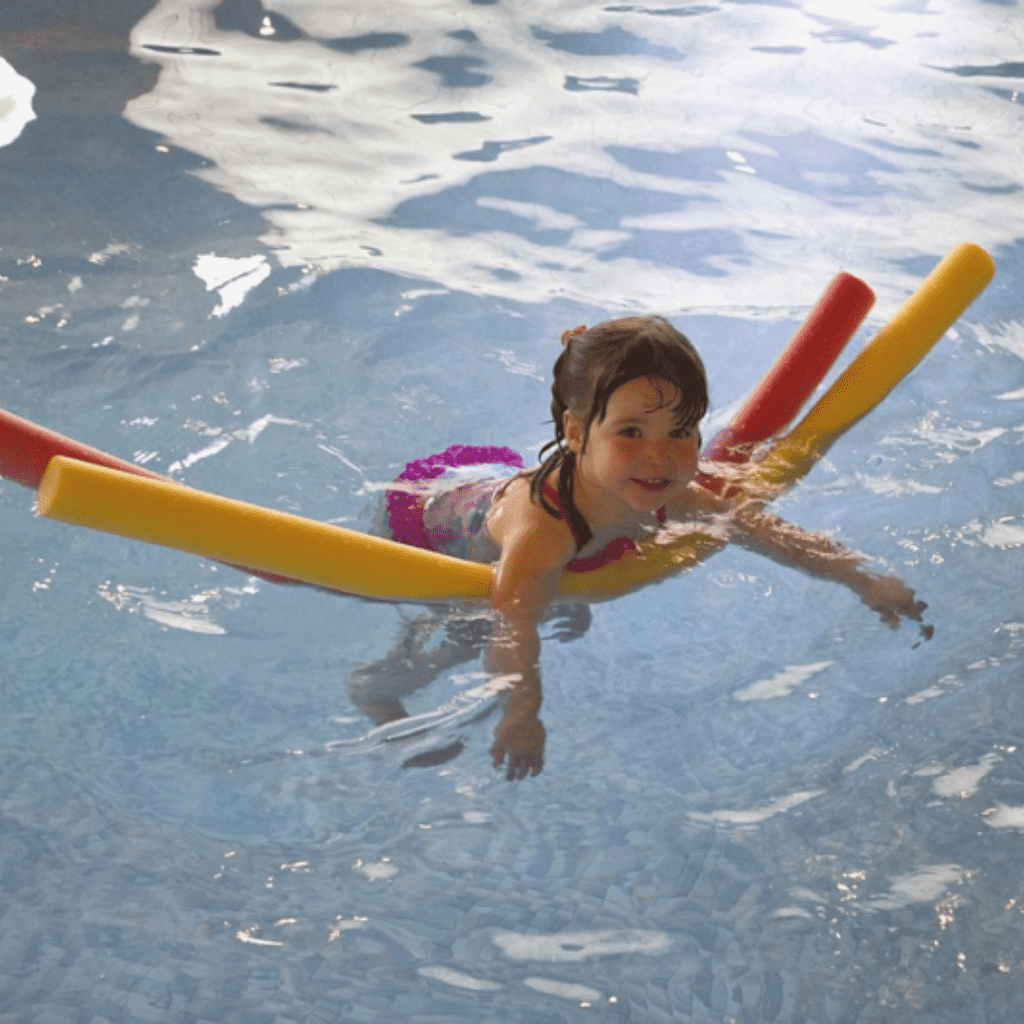Are you looking for ways to help your child learn a lifelong skill? Swimming is not only fun, but it’s also one of the most important activities you can do together. Taking your child to swimming school has many benefits, from physical and mental health to confidence and even social development. But before taking the plunge, there are some key tips that every parent should know about making sure your child’s experience is enjoyable and safe. In this blog post, we’ll cover everything from finding the right swimming school for your family’s needs, understanding what pool etiquette entails, teaching water safety measures at home—even breaking down common fears associated with beginning lessons. Join us as we explore why signing up your little one for swimming class might be just what they need!
Improved Safety in and Around Water

Kids learn to enjoy the water when they’re as young as six months old, and when your child is ready to take the next step, enrolling in swimming lessons is a great way to help them learn this valuable skill. If you are a parent and want to ensure your child’s safety regarding water activities, determining when to start swimming lessons for your child takes some consideration. It’s important to keep an eye on when your child is ready—whether it’s developing a certain level of confidence or meeting certain skill benchmarks—so that their swimming experience can be fun and safe. While many parents might wait for preschool-age for their kids to start lessons, waiting too long could reduce your child’s effectiveness when discovering new water activities. So when you think your child is ready, get them enrolled in those life-changing swimming lessons!
Better Physical Health
While regular physical activity contributes to good physical health, swimming is particularly special. Enrolling your child into a swim school can bring them immense benefits – both physically and mentally. With the proper guidance of experienced instructors in a safe environment, your child will build endurance, strength, agility, coordination, flexibility and confidence. Furthermore, by learning how to cooperate with others within the pool setting, they will also be developing important social skills that are transferable between different contexts such as the classroom or playground. The abstract problem-solving required for certain swim strokes can also be beneficial for their academic pursuits. Overall there’s no doubt that enrolling your child in swimming school has more positives than negatives – so why not give it a go?
Improved Social and Cognitive Skills
Taking your child to swimming school can bring wonderful intellectual and cognitive benefits. Not only will they learn the proper techniques that are so important for safety and proper technique, but they will also develop better social skills through interacting with teachers and peers in this fun physical activity. Swimming school provides an environment for children to get out of their comfort zone, learn different opinions and new expressions, and even make friends. Being around others and navigating changing social dynamics encourages children to communicate better as well as collaborate, which ultimately improves both their cognitive and social skills.
Tips for Maximizing the Benefits of Swimming Schools
Many of us already know the wonderful physical, mental, and emotional benefits of swimming. But maximizing those benefits—particularly if you’re teaching a child to swim—requires a well-structured environment and learned expertise. Here are some helpful tips:
Encourage consistency in attendance
Consistency in attendance is key to taking full advantage of the many benefits offered at swimming schools. Furthermore, attending class regularly can help swimmers progress faster since missing lessons can impede progress and disrupt learning patterns. Regular class attendance also enhances the sense of community within a group and aids in peer bonding. It’s not solely about making measurable gains; building strong relationships with other swimmers and coaches is considered an important part of developing a successful swim program
Encourage practice outside of lessons

Practising outside of swimming school is a great way to maximize the benefits of lessons and encourage real progress in skills development. Practising regularly aids retention, coordination and muscle memory. Regular exercise fosters discipline and consistency that pays dividends in physical and mental well-being. Making time for practice throughout the summer will ensure that new swimmers don’t forget their newly acquired skills.
Provide positive reinforcement
When students feel supported and encouraged, they are more likely to explore new techniques and take risks, which can improve their confidence and skill in the mastery of the water. Students that receive positive reinforcement—ranging from words of encouragement to tangible rewards—are better equipped with a growth mindset and enthusiasm for learning, so don’t hold back on encouraging them.
Swimming is an excellent activity for children – and adults alike – to learn, grow, and develop life-long skills. Not only does regular participation in swimming improve safety in and around water, but it also increases physical health, social abilities, and cognitive development. Maximizing the benefits of swimming schools can easily be achieved by remaining consistent with attendance, practising beyond lessons, and providing positive reinforcement. With these simple tips following the guidance of an experienced swimming instructor, anyone can benefit from the many advantages swimming offers. So don’t wait any longer: let your kids get into the water today – they’ll thank you for it!


